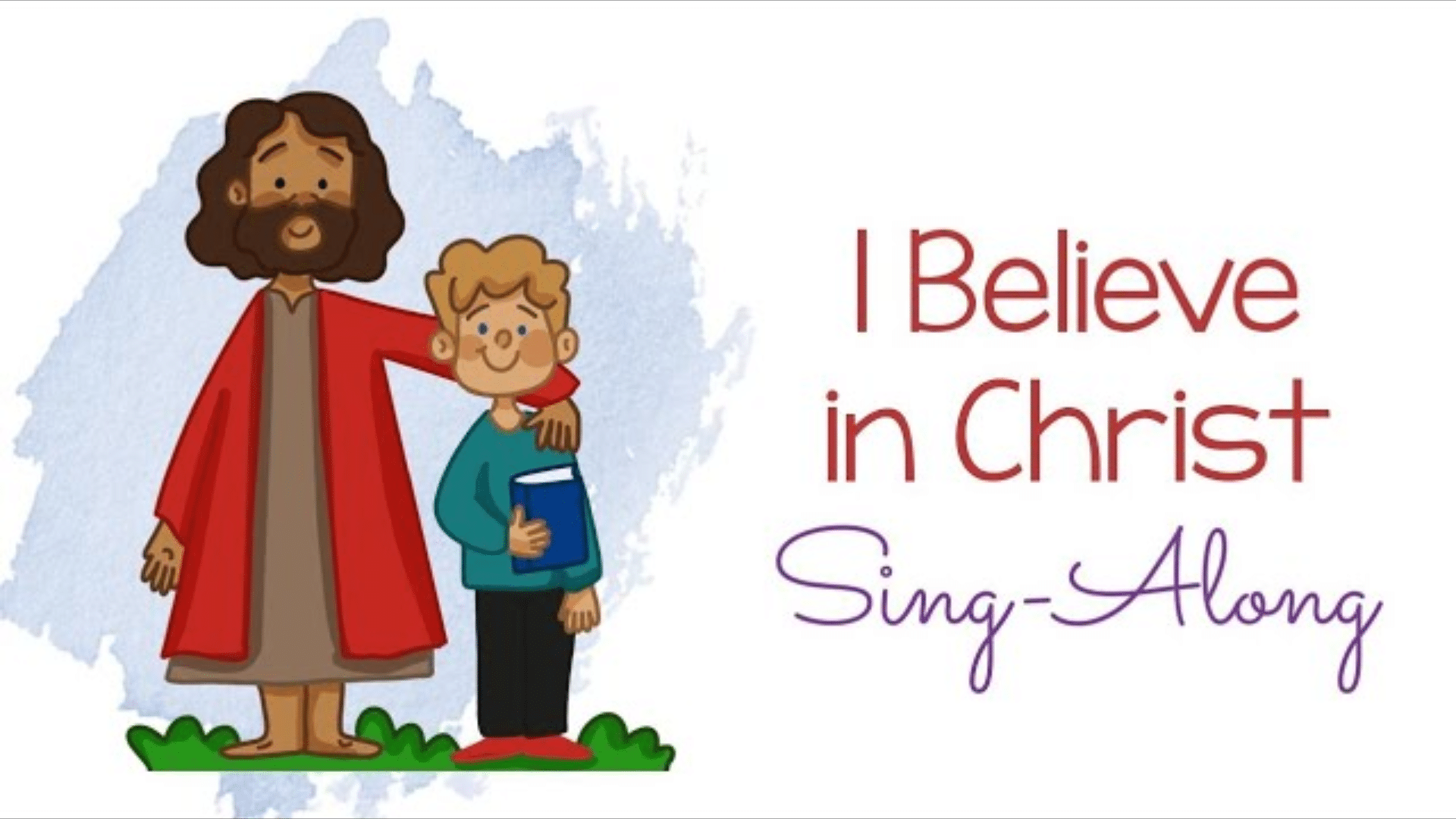The hymn “I Know That My Redeemer Lives” was written by Samuel Medley, an English hymn writer and Baptist minister.
Born in 1738, Medley experienced a dramatic personal transformation that deeply influenced his ministry and songwriting.
Before his conversion to Christianity, Medley had a career as a sailor, but after a near-death experience, he turned to faith and devoted himself to preaching and hymn writing.
Medley’s hymns are known for their theological depth, yet accessibility, making them particularly resonant for worshippers seeking to connect personally with Christ. “
I Know That My Redeemer Lives” is one of his most beloved hymns, celebrated for its confident affirmation of the living Christ and His active presence in the lives of believers.
About the Hymn “I Know That My Redeemer Lives”
This powerful declaration of faith resonates with many believers through its confident affirmation of Christ’s present reality and ongoing ministry.
Unlike hymns that focus primarily on past events or future hope, “I Know That My Redeemer Lives” emphasizes Christ’s current activity in believers’ lives, creating a profound sense of ongoing relationship rather than distant theology.
The hymn’s power comes from its structure, verse begins with the same confident declaration, followed by specific ways Christ actively cares for His people, allowing worshippers to move from general truth to personal application.
With its singable melody and comforting lyrics, the hymn continues to provide spiritual strength across different denominations and generations since its composition.
| Detail | Information |
|---|---|
| Original Text | Samuel Medley, 1775 |
| Music | “Duke Street” by John Hatton, 1793 (most common setting) |
| Genre | Christian Hymn/ Traditional Hymn |
| Alternate Tune | “RESIGNATION” in some hymnals |
| Biblical Inspiration | Job 19:25-27 |
| Scriptural Connections | 1 Corinthians 15, Revelation 1:18 |
| Hymnal Presence | Found in most major denominational hymnals |
I Know that My Redeemer Lives Lyrics
Chorus
He lives! He lives! O joyful song!
My Jesus lives, so pure and strong.
Oh, the sweet joy this sentence gives:
“I know that my Redeemer lives!”
Verse 1
I know that my Redeemer lives;
What comfort this sweet sentence gives!
He lives, He lives, who once was dead;
He lives, my everlasting Head.
Verse 2
He lives triumphant from the grave,
He lives eternally to save,
He lives all-glorious in the sky,
He lives exalted there on high.
Chorus
He lives! He lives! O joyful song!
My Jesus lives, so pure and strong.
Oh, the sweet joy this sentence gives:
“I know that my Redeemer lives!”
Verse 3
He lives to bless me with His love,
He lives to plead for me above,
He lives my hungry soul to feed,
He lives to help in time of need.
Verse 4
He lives to grant me rich supply,
He lives to guide me with His eye,
He lives to comfort me when faint,
He lives to hear my soul’s complaint.
Chorus
He lives! He lives! O joyful song!
My Jesus lives, so pure and strong.
Oh, the sweet joy this sentence gives:
“I know that my Redeemer lives!”
Verse 5
He lives to silence all my fears,
He lives to wipe away my tears,
He lives to calm my troubled heart,
He lives all blessings to impart.
Verse 6
He lives, my kind, wise, heav’nly Friend,
He lives and loves me to the end;
He lives, and while He lives, I’ll sing;
He lives, my Prophet, Priest, and King.
Verse 7
He lives and grants me daily breath;
He lives and I shall conquer death;
He lives my mansion to prepare;
He lives to bring me safely there.
Chorus (Final)
He lives! He lives! All glory proclaim!
My Jesus lives—forever the same.
Oh, the sweet joy this sentence gives:
“I know that my Redeemer lives!”
Themes of The Hymn
“I Know That My Redeemer Lives” explores several profound theological themes through its confident declarations and pastoral comfort:
- Personal assurance – The hymn centers on individual certainty (“I know”) rather than theoretical possibility, highlighting faith as personal conviction rather than abstract concept.
- Christ’s present activity – Central to the hymn is the emphasis on what Christ does now for believers, portraying Him not just as a historical figure but as currently engaged in various aspects of pastoral care.
- Comprehensive ministry – The verses methodically outline different dimensions of Christ’s ongoing work, from blessing and comforting to pleading and preparing, creating a complete picture of divine care.
- Resurrection implications – By connecting Christ’s resurrection to current ministry, the hymn draws practical consequences from this doctrine, showing how the Easter reality transforms everyday experience.
Through these themes, the hymn writer crafted a piece that speaks to universal spiritual needs for certainty, care, and hope in the face of life’s challenges and ultimate questions.
Similar Hymns of Faith Assurance
If you connected with the confident declarations and comforting assurances of “I Know That My Redeemer Lives,” here are other meaningful hymns that share its themes of certainty and divine care:
“How Firm a Foundation“: A hymn emphasizing God’s steadfast support, often used in services focused on divine faithfulness and security.
“Blessed Assurance“: A song expressing personal confidence in salvation and a relationship with Christ, commonly used in testimony services and celebrations of faith.
“It Is Well With My Soul“: A hymn of peace and trust in God despite life’s challenges, frequently sung in services during difficult times and funerals.
“My Hope Is Built on Nothing Less” (The Solid Rock): A song focused on confidence in Christ as the unshakable foundation, often used in services emphasizing spiritual stability.
Live Performance
Check out more Hymn & Lyrics breakdowns and find the sacred music that most deeply resonates with your spiritual journey.
Frequently Asked Questions(FAQs)
What is the Biblical Foundation for “i Know that My Redeemer Lives”?
The hymn is based on Job 19:25-27, expressing Job’s faith in a living Redeemer, later expanded with New Testament insights on Christ’s resurrection.
Who Wrote “I Know that My Redeemer Lives”?
Samuel Medley, an English Baptist minister, wrote the hymn in 1775, drawing from personal faith and ministry experience.
Why is this Hymn Often Used at Funeral Services?
Its message of Christ’s victory over death and personal presence offers deep comfort and hope amid grief.
How has this Hymn Been Adapted Over Time?
Denominations have modified verses and tunes, with “Duke Street” as the most common melody and modern versions tailored for contemporary worship.
















